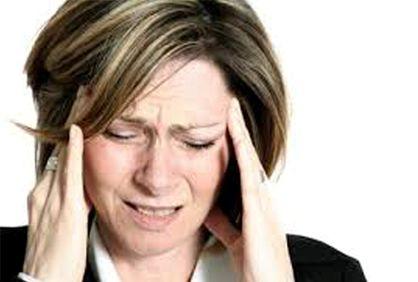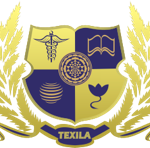
Table of Contents
1. Lifestyle changes are the best treatment for migraine prevention.
The most important strategy in the war against migraines is avoiding a migraine attack in the first place. To prevent migraines, you need to figure out what your own personal migraine triggers are and avoid them religiously.
Common migraine triggers include chocolate, red wine, cheese and caffeine. Keep a diet diary to discover your migraine triggers. Avoiding migraine triggers in your diet is an effective treatment for migraine prevention.
Certain smells can also trigger a migraine headache. My sister, for example, stopped wearing perfume and asked her friends and family to do the same when they planned to spend time with her. That helped a little, but it was not enough.
However, when she stopped buying any type of scented soaps, shampoo, lotion, laundry detergent, and other cleaning products and got rid of her flowering houseplants, it made an even bigger difference. You may not think of the original scent of Tide, for example, as being perfumed, but it is. Being around those low level smells meant that my sister was exposed to one of her migraine triggers all the time; for her, buying unscented everything is an effective treatment for migraine prevention.
2. Natural herbal remedies for migraine prevention.
For centuries, migraine sufferers have been using natural herbal remedies to prevent and treat migraine headaches. If you suffer from migraines, you might want to try traditional herbal remedies to prevent migraines.
Natural herbal remedies such as feverfew and ginko biloba that increase blood circulation and decrease the constriction of blood vessels, especially in the brain, are good herbal treatments for migraine prevention. In fact, daily doses of feverfew has been shown in British medical studies to reduce not only the frequency of migraine attacks, but also the intensity of migraine headaches when they do occur, especially when taken in conjunction with white willow.
Ginger, a natural powerhouse and home remedy staple, is well known for preventing and reducing nausea that all too often accompanies a migraine headache. Ginger can also be used as a treatment for migraine prevention.
3. Vitamin supplements can be used to prevent migraine headaches.
You might also want to consider taking over the counter vitamins and supplements from preventative migraine relief. Coenzyme Q10, magnesium and vitamin B2 have all been shown to be helpful treatments for migraine prevention.
4. OTC Migraine medications can help stave off a full-blown migraine attack.
If despite your best efforts, you do feel a migraine headache coming on, your best strategy is to stop it in its tracks.
Excedrin Migraine is a popular over the counter (OTC) migraine medication. It contains acetominphen, aspirin and caffeine, and many migraine sufferers have found that Excedrin Migraine works when taken at the first sign of a migraine. However, if caffeine is one of your migraine triggers, Excedrin Migraine not the migraine medication for you.
I personally find OTC naproxen (ie. Aleve) be effective if taken immediately, as well as over the counter sinus medications that combine pain relief with antihistamines and decongestants.
Finally, many migraine sufferers, men included, have found that OTC medications designed for menstrual problems are also effective for migraine relief.
5. Prescription medications for migraine prevention.
If you have tried the typical lifestyle changes, herbal migraine prevention medications and over the counter migraine drugs listed above, you may need to talk to your doctor about at migraine relief from prescription migraine prevention medications.
Currently, there are only four migraine medications approved by the FDA for use in preventing migraine headaches. Two- Topamax (topiramate) and Depakote ER (divalproex sodium)- are neuronal stabilizing agents, or anticonvulsants originally developed for seizure disorders. The other prescription medications approved for migraine prevention are Blocadren (timolol) and Inderal (propranolol), which are beta blockers originally developed for treating heart disease and high blood pressure
These migraine medications provided relief from migraines to many sufferers, but they can have side effects. Topomax, for example, has been shown to cause birth defects, kidney stones, acute myopia (nearesightedness) and glaucoma, which can lead to blindness.
Doctors may prescribe certain medications off label for preventative migraine relief. “Off label” means prescribing a medication approved for something else for the treatment of migraines. Antihistimines, antidepressants and blood pressure medications have all been prescribed by doctors in the hope that they will prevent migraines.
Other brands of beta blockers and anticonvulsants that have not specifically been approved by the FDA for migraine prevention have been successful when used as preventive migraine medications, as well as Botox, muscle relaxants, nonsteroidal anti-inflammatory drugs (NSAIDs) generally prescribed for arthritis, and medications usually used in the treatment of ADD.
As always, you should make sure to talk to your doctor before using prescription medications as a treatment for migraine prevention.
